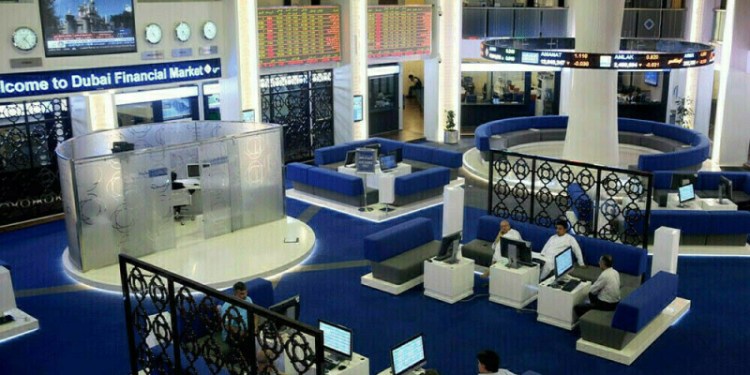By David Lawder
WASHINGTON (Reuters) – U.S. President Donald Trump looks unlikely to formally declare China a currency manipulator next week just days after meeting Chinese President Xi Jinping, foreign exchange policy experts say, leaving a vocal Trump campaign pledge unmet, at least for now.
The U.S. Treasury would have to radically change its definitions of currency manipulation in order to squeeze China into that label for its next report due April 14, said these experts, several of whom contributed to past Treasury analysis of foreign exchange practices.
But over time, the Trump administration may consider changes to the Obama administration’s currency definitions as the Treasury gains staff.
“It would be hard to come up with a credible standard that would catch China in the net,” said David Dollar, a former U.S. Treasury economic liaison to China who is now a senior fellow at the Washington-based Brookings Institution.
Trump pledged to label China a currency manipulator on the first day of his administration, but so far has refrained.
A trade and customs enforcement law enacted last year set out three criteria for identifying manipulation among major trading partners: a “material” global current account surplus, a “significant” bilateral trade surplus with the United States, and persistent one-way intervention in foreign exchange markets.
The Treasury is required to demand special talks with any country meeting all three thresholds aimed at correcting an undervalued currency, with penalties such as exclusion from U.S. government procurement contracts available after a year.
Under the current Obama-defined thresholds, China only meets one of these criteria, based on its $ 347 billion (£278.22 billion) goods trade surplus with the United States. Its central bank has for the past two years spent over $ 1 trillion to prop up the yuan’s value – not to push it down. China’s current account surplus, an indicator of its global trade balance, was 1.8 percent of GDP in 2016, well below the threshold for action.
The U.S. Treasury says it is “premature” to comment on the outcome of its currency review and Treasury Secretary Steve Mnuchin has said it will adhere to past practice in its assessment, suggesting that radical changes will not be made in this publication.
“The conclusion among people like me from that seems to be that they’re moving away from naming China,” said Matthew Goodman, former Treasury official who wrote currency reports during the Clinton administration and is now at the Washington-based Center for Strategic and International Studies.
But with the Trump administration pushing a trade agenda aimed at reducing U.S. trade deficits, particularly those with China, experts said that they expect the Trump administration to consider changes aimed at deterring future manipulations.
Treasury will be in a much better position to make such changes for its October currency report, said Derek Scissors, a resident scholar and China trade expert at the American Enterprise Institute.
“I would be very surprised if a year from now the Obama criteria were still in place,” Scissors said.
The most logical option would be to lengthen the time period for reviewing currency market interventions from 12 months to several years, capturing more past interventions by China, according to the policy experts.
One senior South Korean official told Reuters that doing this would likely lead to manipulator designations for South Korea, Taiwan and possibly other countries.
Treasury also could reduce the current account surplus threshold below 3 percent of GDP to try to capture more potential offenders, but that would be at odds with longstanding views of the International Monetary Fund and G20 finance officials that 3 pct of GDP is about where surpluses start to become a concern.
(Reporting by David Lawder; additional reporting by Christine Kim in Seoul; Editing by David Chance and Grant McCool)

























